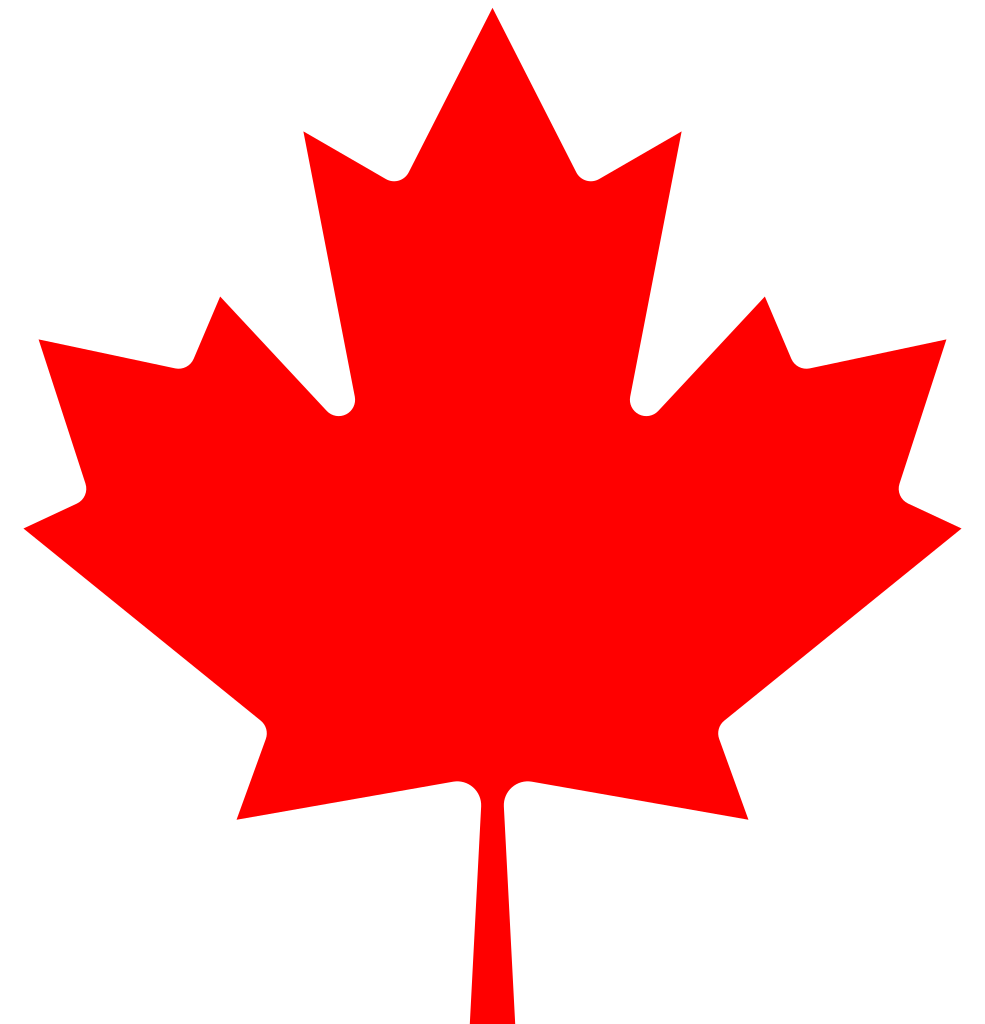
Small Business Tax Deductions
Your Ultimate Guide to Tax Breaks for Small Businesses
As a small business owner in Canada, every dollar counts. Amidst the daily hustle of managing your business, taxes often linger as an afterthought. But understanding and leveraging small business tax deductions can significantly impact your bottom line. It’s crucial for optimizing your finances and minimizing your tax liability. In this comprehensive guide, we’ll outline all the tax breaks for small businesses, uncovering the lesser-known deductions, and equipping you with the knowledge to make the most of tax breaks for small businesses.
Why Tax Breaks for Small Businesses Matter
Small business tax deductions are your ticket to saving money and optimizing your finances. These deductions allow you to subtract qualifying expenses from your total taxable income, potentially reducing the amount of taxes you owe. For example, let’s say you’re a small business owner who invested in new equipment for your operations. By claiming the equipment as a deductible expense, you’re essentially subtracting its cost from your taxable income, which means you’re not paying taxes on that amount. Now multiply that by every eligible expense, from office supplies to vehicle expenses, and you could save significant money. By claiming every eligible deduction, you can maximize your tax savings and keep more money in your pocket.
Key Takeaways for Tax Breaks for Small Businesses
- Claiming every business expense, no matter how small, can add up and potentially lower your tax bracket.
- Reduce your tax burden by claiming as many business expenses as possible.
- Remember that you can only deduct a portion of the expense directly related to running your business.
Understanding Eligibility for Tax Breaks for Small Businesses
To qualify as a small business in Canada, your business must meet specific criteria, such as having a gross annual revenue below the small business deduction limit, which is $1 million federally for 2024.
Provincial small business thresholds may vary.
Exploring Federal Tax Breaks for Small Businesses
Tax deductions for small businesses encompass a wide range of expenses incurred in operating your business. Here’s a breakdown of some of the most common deductions and how they can benefit your business:
- Start-up Costs: Deduct expenses related to launching your business, including equipment, supplies, legal fees, and accounting advice. These costs must occur in the tax year your business started.
- Marketing and Advertising: From business cards to digital advertising, deduct expenses related to marketing and promoting your business, including materials, fees, and advertising space.
- Business Supplies: Deduct the cost of items used to provide goods or services, such as grooming supplies for a salon or tools for a plumbing service.
- Office Expenses: Claim expenses for small item office supplies (such as stamps, stationary, pens, etc.), utilities, rent, and home office expenses if you work from home. Larger items like desks, filing cabinets, and chairs are not tax deductible.
- Travel and Meals: Deduct travel expenses, including meals and entertainment, incurred while conducting business-related activities.
- Professional Services: Deduct fees for legal, accounting, and bookkeeping services necessary for running your business.
- Capital Assets: You can claim depreciation or amortization deductions for capital assets used in your business, such as equipment, machinery, vehicles, furniture, and computers. The capital cost allowance (CCA) rates vary depending on the asset class.
- Vehicle Expenses: You can deduct expenses related to business use of a vehicle, such as fuel, maintenance, insurance, and leasing costs. The deduction can be calculated using either the actual expense method or the simplified mileage rate method.
- Meals and Entertainment: You can deduct 50% of eligible meal and entertainment expenses incurred for business purposes only. There are specific rules and limitations regarding deductibility.
- Bad Debts: Bad debts may be deductible as a business expense if certain conditions are met, such as proving the debt is uncollectible.
Tax Breaks Restrictions and Limitations
Some expenses may be subject to restrictions or limitations, such as the requirement that expenses be incurred for the purpose of earning business income and be reasonable in amount. This means that expenses must be incurred for the purpose of earning business income to be eligible for deduction. Expenses should directly contribute to generating revenue or maintaining business operations. Additionally, expenses must be reasonable in amount. While there’s no strict definition of “reasonable,” the Canada Revenue Agency (CRA) expects expenses to be commensurate with what would be considered normal or customary for similar businesses in your industry. Excessive or extravagant expenses may be disallowed.
Certain deductions may be limited by specific rules and conditions, such as the requirement to meet the “wholly and exclusively” test for deductibility. To be deductible, expenses must meet the “wholly and exclusively” test, meaning they are incurred solely for the purpose of earning business income. This test requires that there be a direct and exclusive link between the expense and the generation of business income. For example, if you purchase a computer for your business, but also use it for personal purposes, you can only deduct the portion of its use that is directly related to your business activities. You must be able to demonstrate the proportion of business use versus personal use to claim the deduction accurately.
Specific Rules and Conditions
Some deductions may be subject to specific rules and conditions outlined by the CRA. For instance, certain tax credits or deductions may only apply to specific industries, activities, or expenditures.
There may also be limitations on the amount of certain deductions that can be claimed in a given tax year. For example, the CRA may impose caps or thresholds on deductions for meals and entertainment expenses.
It’s essential to review the specific rules and conditions applicable to each deduction you intend to claim to ensure compliance with CRA guidelines and regulations.
Understanding Lesser-Known Tax Deductions
In addition to common small business deductions, there are lesser-known expenses that your business can write off to further reduce your tax liability:
- Bank Charges: Deduct bank processing fees and administrative costs incurred in managing your business finances. This can include fees you incur when you get a business loan or interest incurred on your loan. Check the CRA website for limits.
- Bad Debt: Write off uncollectible accounts receivable and the cost of recovering balances owed to you.
- Property Taxes: Deduct property taxes on land and buildings used for your business.
Non-Tax-Deductible Expenses
While there are many deductible expenses, some items cannot be claimed as small business tax deductions, including:
- Personal Labour
- Fines and Penalties
- Commuting Costs
- Clothing (unless uniforms or safety gear)
- Golf Club Dues and Gym Memberships
- Life Insurance Premiums
Exploring Provincial Tax Breaks for Small Businesses
Each Canadian province has its own tax laws and regulations, which may impact small business tax deductions differently. Here’s an overview of key deductions in each province.
British Columbia (BC)
Small Business Threshold: The small business threshold for the small business deduction is $500,000 federally and provincially for 2024.
Provincial Sales Tax (PST) Exemptions: Certain business expenses, such as machinery, equipment, and software used directly in manufacturing, are exempt from PST.
Alberta
Corporate Income Tax Rates: Alberta offers a small business tax rate of 2% on the first $500,000 of active business income.
Scientific Research and Experimental Development (SR&ED) Tax Credit: Small businesses conducting eligible research and development activities may qualify for tax credits.
Saskatchewan
Corporate Income Tax Rates: Saskatchewan offers a small business tax rate of 2% on the first $600,000 of active business income.
Film and Video Production Tax Credit: Small businesses engaged in film and video production may qualify for tax credits.
Manitoba
Small Business Deduction Limit: Manitoba aligns with the federal small business deduction limit of $500,000 for 2024.
Business Development Tax Credit: Small businesses investing in eligible businesses in Manitoba may qualify for tax credits.
Ontario
Corporate Income Tax Rates: Ontario offers a small business tax rate of 3.2% on the first $500,000 of active business income.
Apprenticeship Training Tax Credit: Small businesses hiring and training apprentices may qualify for tax credits.
Quebec
Small Business Deduction: Quebec offers a small business deduction rate of 8% on the first $500,000 of active business income.
Quebec Sales Tax (QST) Exemptions: Certain business expenses, such as machinery, equipment, and software, are exempt from QST.
New Brunswick
Corporate Income Tax Rates: New Brunswick offers a small business tax rate of 2.5% on the first $500,000 of active business income.
New Brunswick Research and Development Tax Credit: Small businesses conducting eligible research and development activities may qualify for tax credits.
Nova Scotia
Small Business Threshold: Nova Scotia aligns with the federal small business deduction limit of $500,000 for 2024.
Equity Tax Credit: Small businesses issuing eligible shares may qualify for tax credits under the Equity Tax Credit program.
Prince Edward Island (PEI)
Corporate Income Tax Rates: PEI offers a small business tax rate of 3.5% on the first $500,000 of active business income.
Innovation and Development Labour Rebate: Small businesses engaged in eligible innovation and development activities may qualify for tax rebates.
Newfoundland and Labrador
Small Business Deduction Limit: Newfoundland and Labrador aligns with the federal small business deduction limit of $500,000 for 2024.
Film and Video Industry Tax Credit: Small businesses engaged in film and video production may qualify for tax credits.
Yukon, Northwest Territories, Nunavut
Corporate Income Tax Rates: The territories offer small business tax rates ranging from 2% to 4% on the first $500,000 of active business income.
Northern Residents Deductions: Small businesses operating in northern regions may qualify for tax deductions under the Northern Residents Deductions program.
To complete a full financial checkup for your business, read our guide on conducting a financial checkup and preparing your business for 2024 as well as our blueprint to financial success for small businesses in Canada.
Key Takeaways
Filing taxes may seem daunting, but it’s an opportunity to maximize savings for your small business. By understanding and claiming eligible small business tax deductions, you can lower your taxable income and enjoy significant tax savings. Remember to keep detailed records of your expenses throughout the year and consult with a tax professional to ensure you’re taking full advantage of all available deductions. With strategic tax planning and smart financial management, you can optimize your tax strategy and keep your business thriving.
Consider seeking professional advice from corporate tax professionals, accountants, or financial advisors who can provide guidance on maximizing deductions, optimizing tax planning strategies, and ensuring compliance with applicable tax laws and regulations.
About Forward Funding
Forward Funding is a leading Financial Technology provider serving small and medium businesses across North America. Our mission revolves around empowering businesses with quick, easy, and efficient funding solutions to help them thrive. Our dedicated team is here to help you every step of the way, from conventional loans to supplementary funding solutions to help you save and maximize your growth potential.



